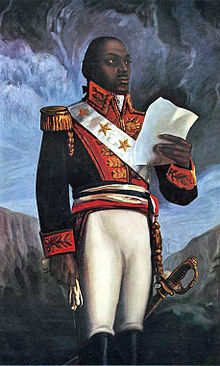This theory justified a monarch's absolute rule as being derived from God's will.
Divine Right of Kings
This event began with the storming of the Bastille in 1789.
The French Revolution

This Enlightenment thinker argued for natural rights: life, liberty, and property.
John Locke
This man rose to power in France by leading a military coup and declaring himself emperor.
Napoleon
The American Revolution began partly because of this rhyming grievance.
No Taxation without Representation

This king famously declared, "L'État, c'est moi" or "I am the state."
Louis XIV
Oliver Cromwell led the Parliamentary forces during this conflict in England
The English Civil War
This thinker proposed the separation of powers in government
Montesquieu
This legal code reinforced legal equality but restricted certain freedoms
The Napoleonic Code
This document declared the American colonies' independence from Britain.
the Declaration of Independence
This czar sought to modernize Russia by adopting Western European customs.
Peter the Great
This Revolution ended with the establishment of a constitutional monarchy in England.
The Glorious Revolution
This Enlightenment thinker championed freedom of speech and religious tolerance.
Voltaire
The disastrous invasion of this country marked the beginning of Napoleon’s downfall
Russia
This revolution in the Caribbean was the first successful slave-led revolution
The Haitian Revolution
The two sides of the English Civil War
Cavaliers and Roundheads (Parliamentarians and Royalists)
This document, inspired by Enlightenment ideas, declared French citizens' rights.
the Declaration of the Rights of Man and Citizen
The Declaration of Independence states “That whenever any Form of Government becomes destructive of these ends [Life, Liberty, and the pursuit of Happiness], it is the Right of the People to..." do what
Alter or to abolish it, and to institute new Government
The Congress of Vienna sought to achieve this after Napoleon’s defeat
Balance of Power


These two men led the Haitian Revolution (the one on the right did not like the left at ALL)
Sonthonax and L'Ouverture
This 1689 document limited the monarchy's power and strengthened Parliament.
The English Bill of Rights

The Reign of Terror was led by this revolutionary figure
Robespierre
Rousseau’s idea that society should be governed by the "general will" is found in this work.
The Social Contract
The rise of this long-term effect of the Napoleonic Wars contributed to movements (and later wars) across Europe
Nationalism
The creation of what was a major outcome of the Latin American revolutions.
Independent nations in South America